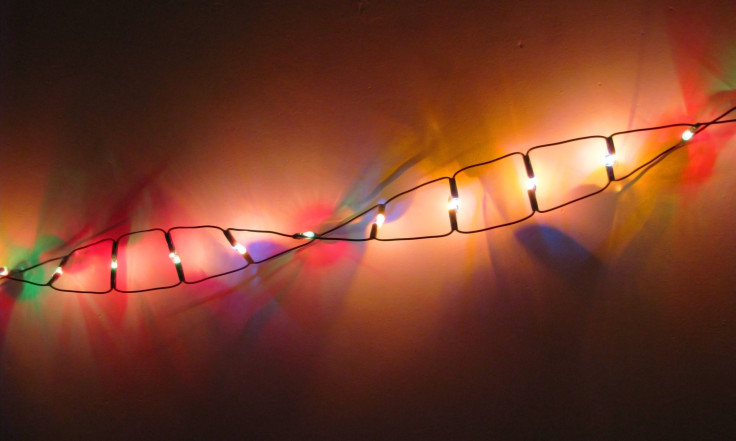Editing Obese People's Genes To Burn Fat May Be The Anti-Obesity Treatment Of The Future

Ever wish you could eat whatever you wanted but not gain a pound? While it won’t be in time for the holidays, your wish may just come true. Researchers from the Okinawa Institute of Science and Technology Graduate University (OIST) studied the genes involved in storing and burning fat, as well as metabolism. Their findings may put us on the path to genetically altering people so they don’t gain weight.
For the study, researchers removed the genes Cnot7 and Tob from mice, and then fed them a high-fat diet. These two genes are responsible for destroying a messenger that helps to produce another protein called Ucp1 — a protein that contributes to the conversion of fat in fat cells into heat. When there are fewer Ucp1 proteins, less fat is removed from storage and converted to heat, thus contributing to obesity.
However, by removing Cnot7 and Tob from the mice, the researchers allowed Ucp1 expression to increase dramatically, and consequently turn more fat into energy. This caused the mice to remain lean, and even resist weight gain despite eating a high-fat diet.
Researchers hope that by genetically re-engineering people to live without the genes, they’ll be able to eat as much food as they want without gaining an unhealthy amount of weight. "We wish to inhibit the pathway that suppresses the conversion of fat into heat," the study’s co-author Dr. Takahashi Akinori said in a press release. "Being able to enhance fat burning could have clinical applications, such as the production of anti-obesity drugs."
This isn’t the first crack at breaking the obesity code. Drugs like beloranib work to alter a person’s appetite by targeting networks in the brain. This leads to less food consumption; however, it is not without its side effects. Another drug called phentermine depletes a person’s appetite by manipulating their brain’s signals to make them feel full and eat less. It is one of the most commonly abused weight loss drugs in the world and has side effects that range from high blood pressure to insomnia, bringing its safety and efficacy into question by the Food and Drug Administration.
With more than one-third of the adults in the United States being obese, creating a drug that effectively treats obesity would be invaluable. According to the Centers for Disease Control and Prevention, being obese increases the risk of heart disease, stroke, type 2 diabetes, and certain types of cancer, making it one of the leading causes of preventable death. Treating obesity on a genetic level would skip over drug side effects and possibly lead to breeding a healthier, obesity-free America.
Source: Takahashi A, Adachi S, and Morita M, et al. Post-Transcriptional Stabilization of Ucp1 mRNA Protects Mice from Diet-Induced Obesity. Cell Reports.



























